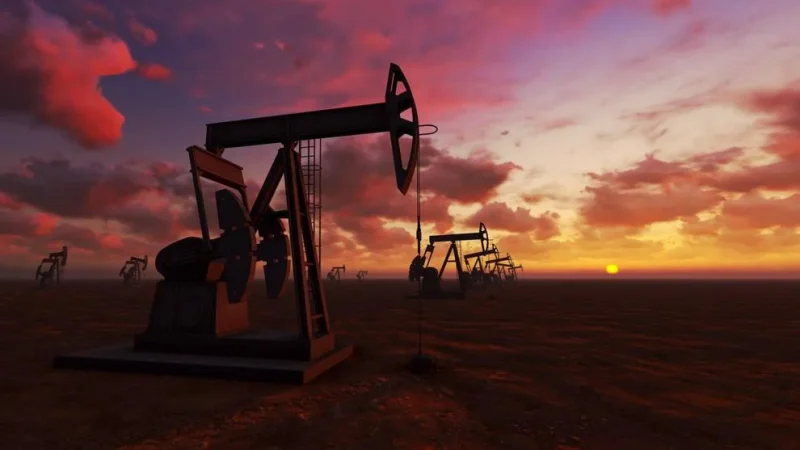(The Center Square) – A federal judge handed a win to oil and natural gas companies operating in western states by upholding the first lease sales of the Biden administration on federal land in western states.
After the Bureau of Land Management conducted an extensive environmental assessment, it authorized lease sales on federal land in Wyoming, Montana, North Dakota, Oklahoma, New Mexico, Nevada and Colorado. Environmental groups sued and Western Energy Alliance, which represents independent oil and natural gas companies in western states, filed a motion to act as an intervenor in support of the BLM.
The plaintiffs argue BLM violated federal law when it approved the lease sales, which were the first allowed under the Biden administration after the president halted federal lease sales on his first day in office, following through on his pledge to “eliminate fossil fuels.”
Judge Christopher Cooper with the U.S. District Court for the District of Columbia on Friday rejected a motion made by the plaintiffs, paving the way for the lease sales to go through.
In Dakota Resource Council et al v the U.S. Department of Interior, the plaintiffs argued BLM’s methods for analyzing the environmental impact of “greenhouse gas emissions” were “deficient” and its environmental analysis violated the National Environmental Policy Act of 1969. The Bureau authorizing six lease sales also “ran afoul of its substantive duties under the Federal Land Policy and Management Act of 1976,” the plaintiffs argued.
Copper, an Obama appointee, said the court appreciated their concerns but “finds no legal error in the Bureau’s environmental analysis or its decision to approve the challenged lease sales. Operating at the frontiers of science, BLM reasonably exhausted available tools to analyze the lease sales’ environmental consequences.”
He also said the plaintiffs “have not carried their burden of proving the oil and gas leases will cause ‘unnecessary and undue degradation.’ Nor does anything in the administrative record support this supposition.”
In his order, he cited Western Energy Alliance’s legal brief arguments related to the social cost of carbon analysis and the lack of BLM’s authority to set a carbon budget, adding that the plaintiff’s arguments were “unpersuasive.”
“The court concludes that BLM did not violate its duty under the FLPMA,” he said, denying the plaintiff’s motion and granting the defendants and intervenors’ motions for summary judgement.
Western Energy Alliance said the ruling was “a significant victory.”
“After President Biden’s unlawful leasing ban issued his first week in office was overturned in court, the first sales were finally held in June 2022. Of course, anti-oil-and-gas groups who want absolutely no development absolutely anywhere, immediately sued,” Kathleen Sgamma, president of Western Energy Alliance, said. “Our legal team argued that the Biden Administration’s own interagency working group, comprised of every relevant department in the Executive Branch including the Environmental Protection Agency, has been unable to define what level of emissions is significant in NEPA analyses. It is illogical to expect BLM, which is the expert agency on land management but not the government’s climate change scientific research agency, to do so on its own.
“Oil and natural gas developed on federal lands is some of the most sustainably produced in the world, subject to many more environmental protections than nonfederal lands and especially in comparison to other major producing countries. If we don’t produce it on federal lands, we must produce it elsewhere or import it from overseas, where GHG intensity is higher. With the continued lack of an alternative that does everything that oil and natural gas do, environmental groups like the plaintiffs we defeated in court continue to advance unrealistic energy policies that are worse for the environment and would result in higher levels of GHG emissions.”
Cooper said a separate order will soon follow.
The final order is expected to pave the way for lease sales to continue, limiting future challenges to BLM’s environmental assessment, which he said were exhaustive and legal.

